It’s the first time an all-electric car topped the yearly global car sales charts. We’re talking combustion-powered, hybrid, and all-electric.
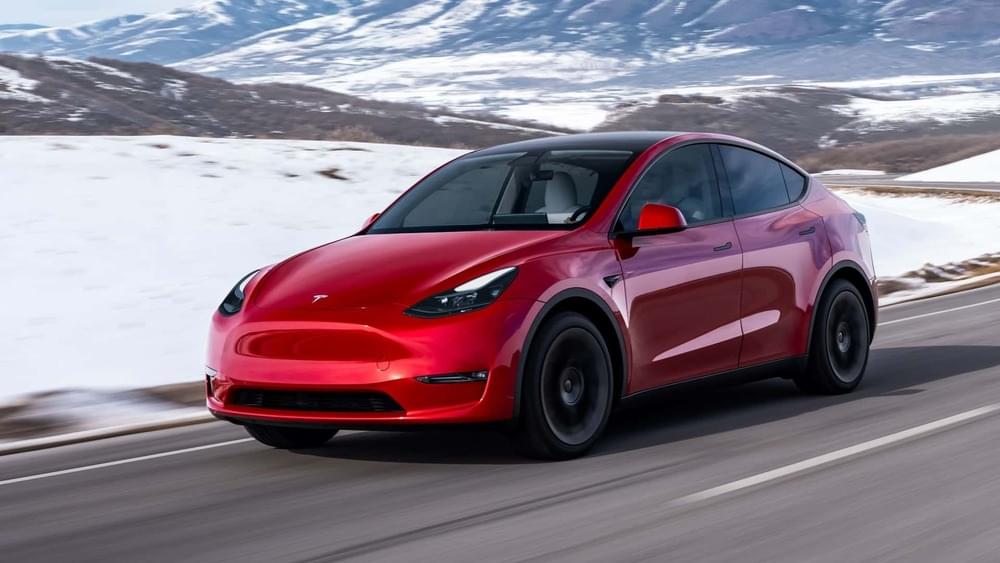

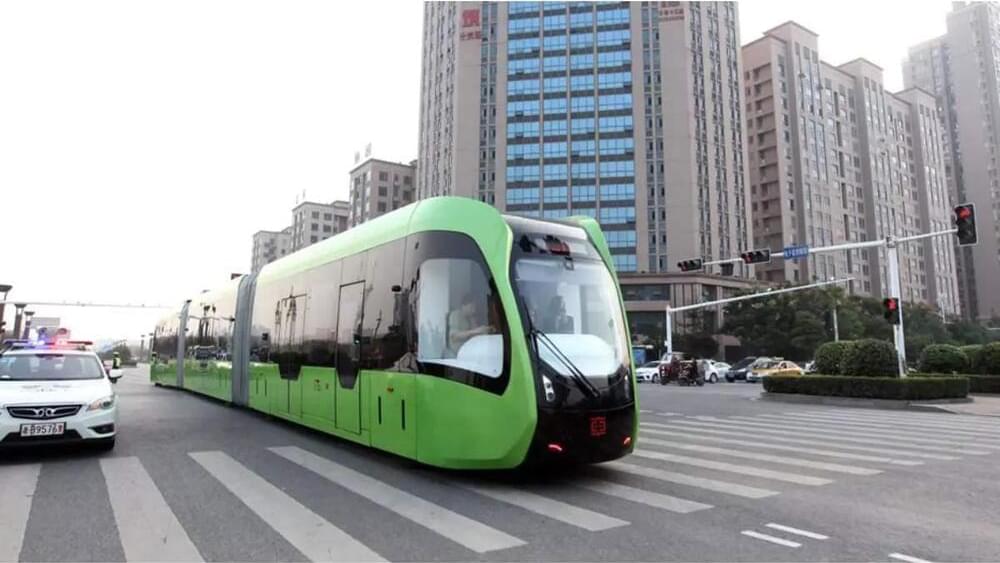
The Rail Bus, a pioneering mode of transportation originating in Zhuzhou, China, is a groundbreaking discovery. Introduced by the Chinese manufacturer CRRC, this self-driving vehicle, resembling a train but without tracks, completed its inaugural journey in 2017. The Rail Bus seeks to revolutionise traditional concepts of buses, trains, and trams. The design of the Rail Bus was presented to the public in June 2023, and remarkably, within a span of fewer than five months, CRRC initiated testing on October 30, 2017. Covering a 3-kilometer route with stops at four stations in Zhuzhou, this marked a significant milestone in transportation evolution.
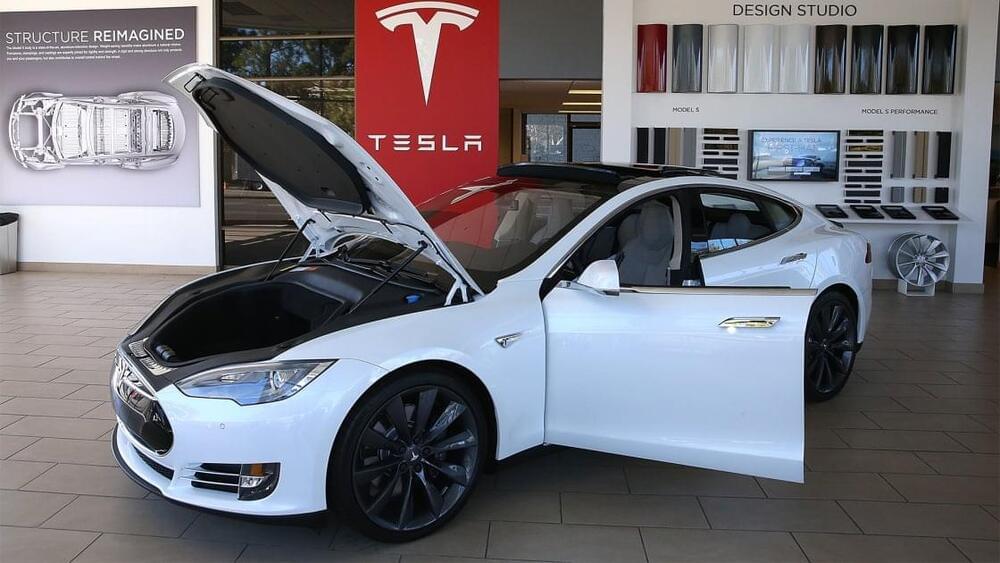
“Our current schedule shows that we will start production towards the end of 2025,” he said during an earnings call. “But there’s…a tremendous amount of new revolutionary manufacturing technology here.”
That tech will initially be put to the test at Tesla’s Giga Texas plant in Austin. “We’ll follow that up with other locations around the world. Probably the factory we’ll build in Mexico will be second, and then we’ll be looking to identify a third location, perhaps by the end of this year or early next outside of North America,” Musk said.
“That will be a challenging production ramp,” he added. “We’ll be sleeping on the line practically. In fact, not practically. We will be.”
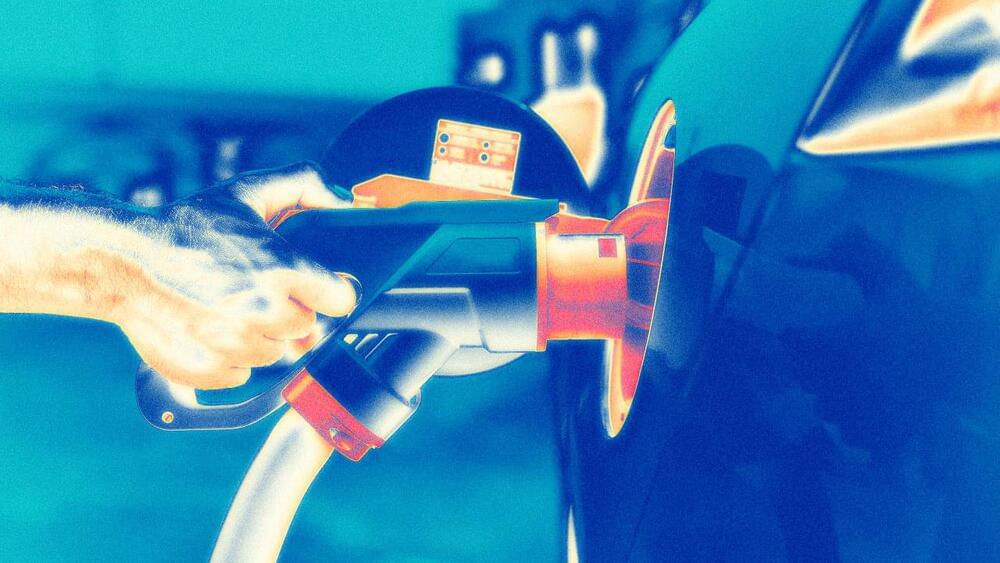
Researchers at Cornell University have made a battery breakthrough they say could assuage these concerns. The researchers created a lithium battery that can charge in under five minutes, while still delivering a stable performance through repeated “charging and discharging” cycles.
Lithium-ion batteries have been popular for electric vehicles because they’re lightweight, energy efficient, and have a long life. How long those batteries take to charge depends on their size and what sort of charger they’re plugged into. Fast chargers can charge an EV in as little as 30 minutes, while “level 1” chargers often found in residential homes could take more than 40 hours. (There have been charger developments too; a company called Gravity says its chargers take just five minutes on vehicles with a 200-mile range, though some EVs aren’t designed to handle these chargers’ power.)
For all of a lithium-ion battery’s benefits, it also comes with downsides, including the time it takes to charge and issues handling a large surge of current. The researchers instead found that a metal called indium, often used for touchscreens and solar panels, helps with fast charging and storage in batteries. Their battery uses indium anodes (lithium-ion battery anodes typically use graphite coated on copper foil).
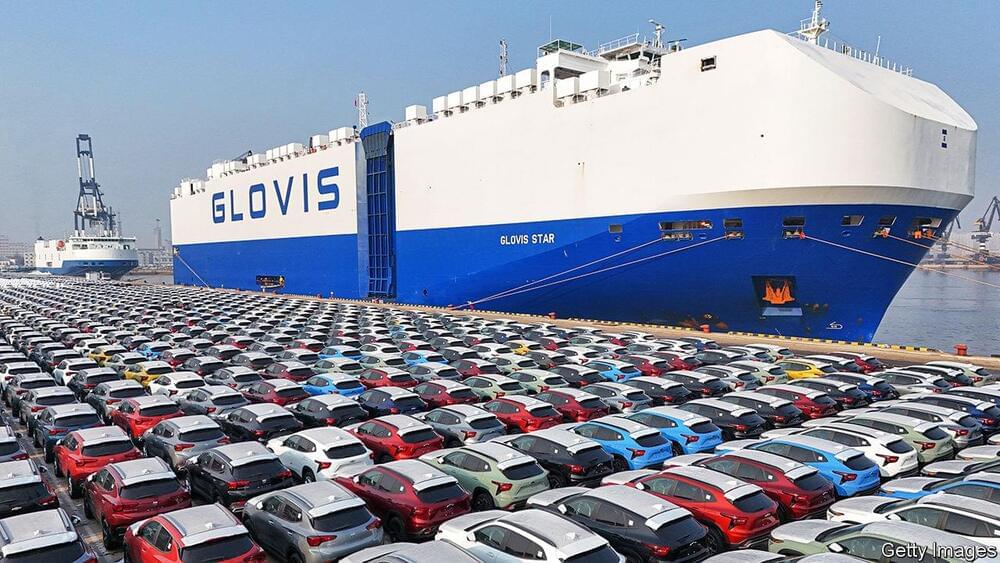
As Pedro Pacheco of Gartner, another consultancy, points out, Chinese firms are also managed differently. They are less risk averse and move faster than foreign firms, quickly updating tech and introducing new models to keep customers interested. Treating new cars like consumer-tech products, such as smartphones, extends to ditching duds quickly. Li Auto now ceases production of new models in a matter of months if they do not sell well.
EV startups such as Li Auto, NIO and Xpeng were all founded by tech billionaires who, like Tesla’s Elon Musk, regard their firms as tech companies that happen to make cars. In fact, lots of Chinese tech firms are getting involved in the car industry. Whereas Apple has mulled such a venture long and indecisively, Xiaomi, a big Chinese smartphone-maker, unveiled its first vehicle in December (a fancy and expensive saloon). It plans to make cheaper models in future with the immodest goal of becoming one of the world’s top five carmakers in 15–20 years. Huawei, a telecoms firm, and Baidu, a search engine, have also teamed up with car firms to make vehicles.
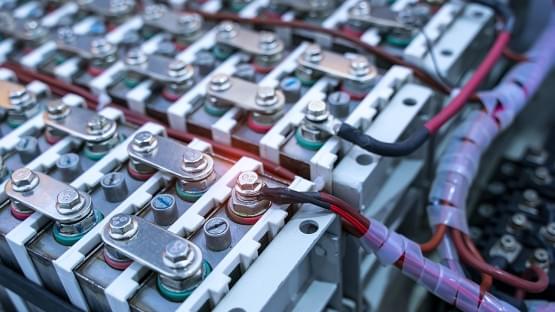
A team in Cornell Engineering created a new lithium battery that can charge in under five minutes – faster than any such battery on the market – while maintaining stable performance over extended cycles of charging and discharging.
The breakthrough could alleviate “range anxiety” among drivers who worry electric vehicles cannot travel long distances without a time-consuming recharge.
“Range anxiety is a greater barrier to electrification in transportation than any of the other barriers, like cost and capability of batteries, and we have identified a pathway to eliminate it using rational electrode designs,” said Lynden Archer, Cornell’s James A. Friend Family Distinguished Professor of Engineering and dean of Cornell Engineering, who oversaw the project. “If you can charge an EV battery in five minutes, I mean, gosh, you don’t need to have a battery that’s big enough for a 300-mile range. You can settle for less, which could reduce the cost of EVs, enabling wider adoption.”
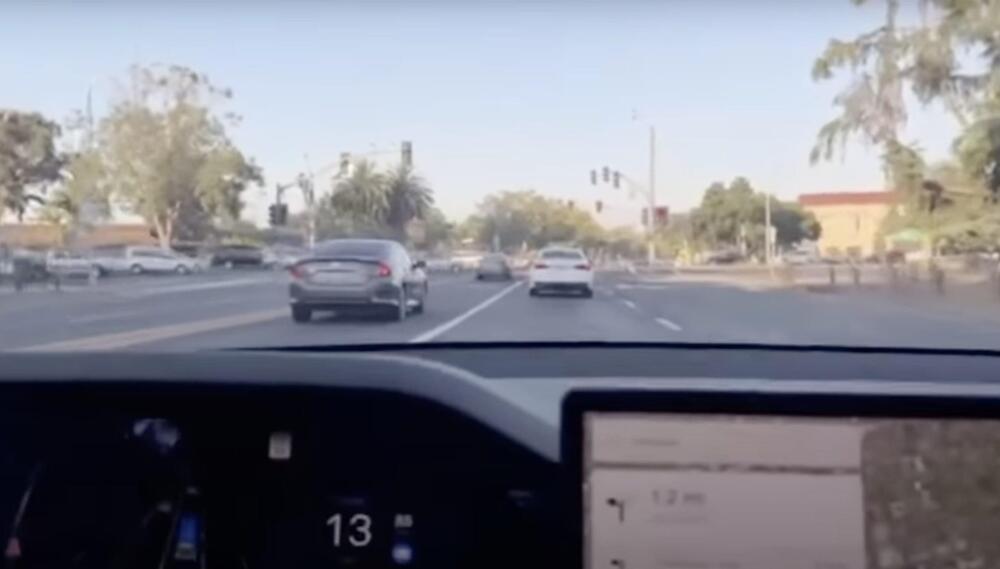
Tesla adds Automatic Set Speed Offset
Tesla has added a feature called “Automatic Set Speed Offset,” which gives the car a more appropriate control of the speed of travel, helping it naturally work with the flow of traffic. The purpose of this feature is to help the car travel more naturally with other vehicles on the road.
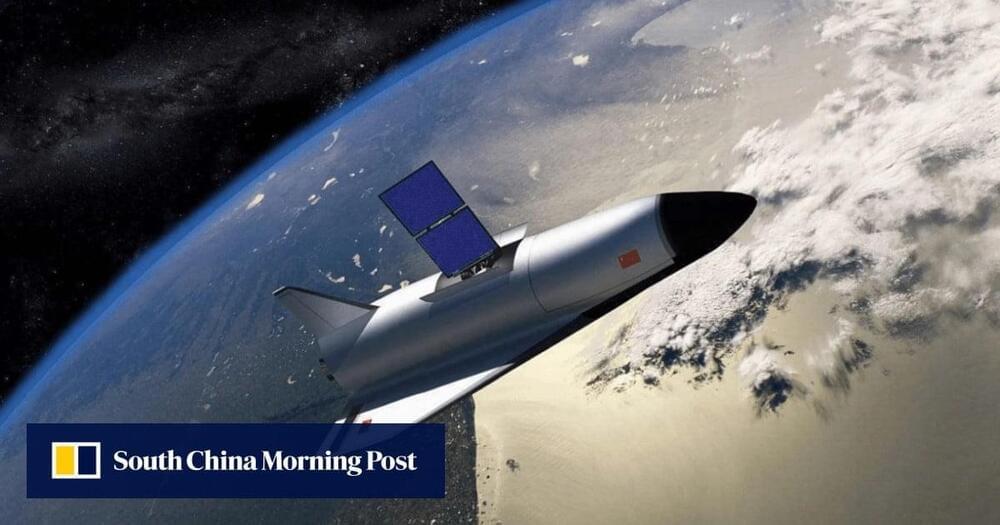
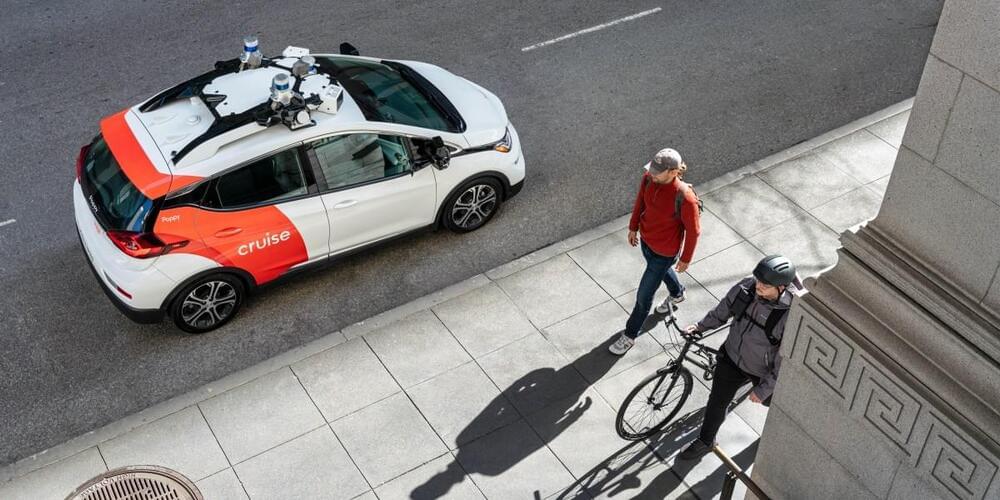

BMW’s 5 series is set to expand very soon. The automaker is teasing the new BMW i5 M60 Touring, giving us a sneak peek at what we can expect from the high-performance EV.
After teasing an electric 5 series sedan for over six years, BMW finally unveiled the i5 last May. It’s a slightly larger, all-electric take on its predecessor. BMW included its latest software and tech, including OS 8.5.
The i5 is in the middle of the 3 series and larger 7 series in BMW’s lineup. As its second best-selling vehicle, the 5 series has and will continue to play a key role in the brand’s success.